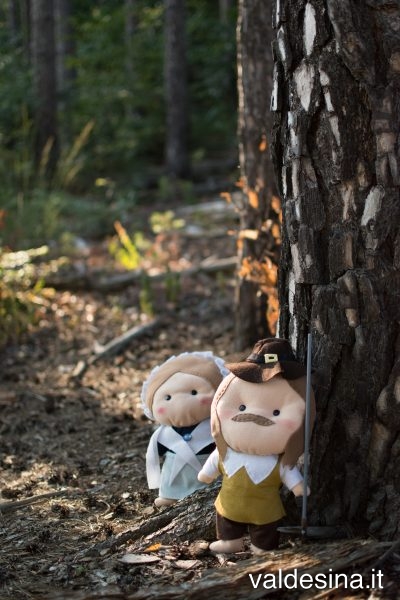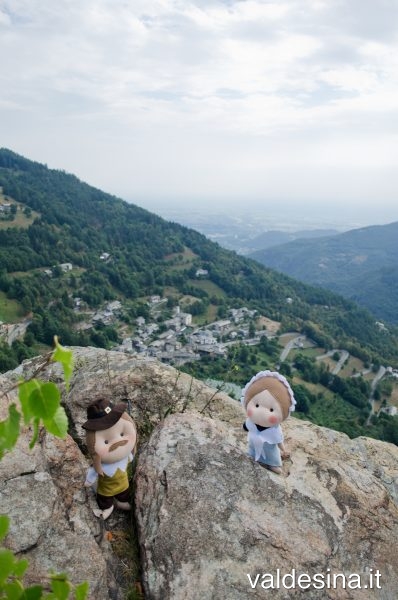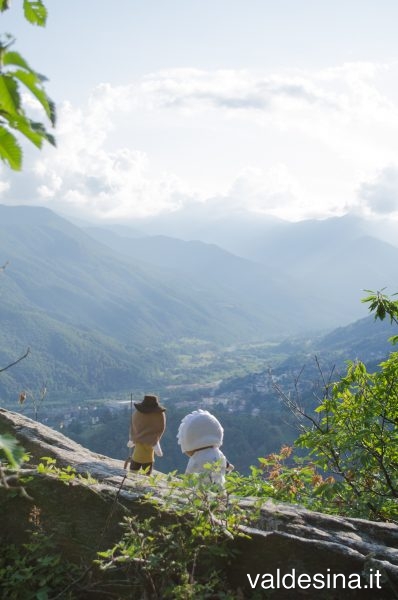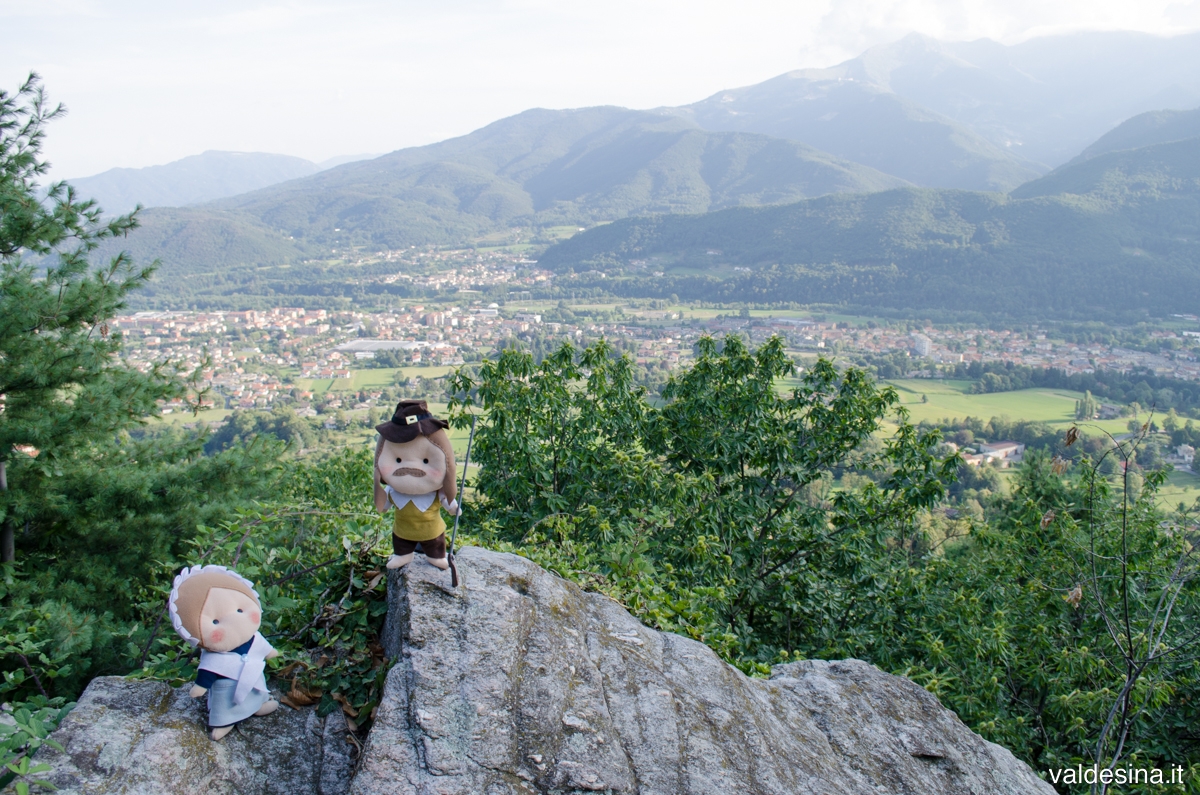Hello my friends!
For some time now we have been following the adventures of Giosuè Gianavello and of his Bandits. Soon we will go back to stories concerning Waldensian Valleys, but today I’d like to make a short summary (and many insights, just follow the green links in the text) of the story of the captain… so let’s greet him in a proper way!
Giosuè as a farmer used to live in a house known today as “the Gianavella”, at the foot of Rorà Valley. He lived the simple life of mountain men, growing his fields and living the fruits of the earth, together with his wife Caterina and their three daughters. But it was not anymore a happy and cheerfull life: he and his family were in fact of Waldensian confession and at that time the Valleys were part of the Duchy of Savoy, a Catholic state that would not accept a different confession, condemned as heretical by the Official Church (if you want to know more about who Waldensians are, click here).
Waldensian people had obtained recognition of their confession thanks to the Cavour Agreement in 1561, but Savoy authorities had never really accepted the presence of Protestants in their borders. For this reason they relied on friars’ missionary work, whose unpleasant memory has come down to us through different places in the valleys (Pra La Gesia, Lou Couent). Moreover, interpreting the Agreement (which established the boundaries which only Waldensians temples could be erected within) in a dishonest manner, they began to order evacuation of Waldensian families from those boundaries…
As a child Joshua grew up in a climate of constant threats, uncertainty and resentment towards the ducal authority; all of these feelings forged, among other things, an iron character.
In 1655 it eventually arrived the order from the authorities that forced Waldensian population, under penalty of life and confiscation of houses and properties, to leave the municipalities of Luserna and of San Giovanni (at that time divided, read here) within 3 days and of Torre Pellice (including Gianavello’s fields). To escape the sentence, they were given 20 days to convert to Catholic faith. In the month of January of an extraordinarily freezing winter, many families picked up what they could, loaded their little children on their backs and started walking in the high snow towards the mountain villages.
So, at the beginning of 1655, Gianavello and his family found refuge in Rorà, waiting for the Duke to revoke the eviction order. Unfortunately it did not happen and, in fact, in April Pellice Valley was subjected to the tremendous massacre that went down in history as “Piedmontese Easters”. The village where Joshua was located miraculously escaped fate and from that moment on Waldensians began to get prepared for the worst: on several occasions the adversary tried to conquer Rorà, but its inhabitants resisted, thanks also to the slyness of their captain (read here the history of the defense of Rorà).
In the end, even people from Rorà had to surrender to Savoy army. Gianavello took refuge in France, studying the future resistance of the Valleys.
The opportunity for the rescue came in May, when Gianavello met Captain Bartolomeo Jahier who was leading the guerrilla in Chisone Valley… the two immediately joined forces and established their headquarters at Verné of Angrogna.
When Verné was attacked by the enemies and the Waldenses had to face the assault, Gianavello was wounded in the chest in the battle and had to spend five weeks of recovery in Pinasca, in the adjacent valley.
Finally, in August, the Letters of Pardon of grace and absolution were signed by the Duke; with that act he granted again (since he was forced by other European countries) freedom to Waldensian people, putting an end to hostilities.
The conditions for peace were not anyway positive to Waldensian people, who continued to be treated with hostility; Gianavello therefore continued his guerrilla warfare, known as the War of the Bandits.
In the end, after years of unsustainable situation, people’s delegates decided to exile Gianavello, in order to end the reprisals against those who supported his Bandits.
Giosuè then moved to Geneva, where many Waldensians had already sought refuge: there he lived till old age, never being able to return to his valleys, but leaving a last sign in history writing the Instructions and gathering around him some brave young people, including Henri Arnaud, who later became the protagonists of the Glorious Return.
Do you want to read the tale in Italian ?
